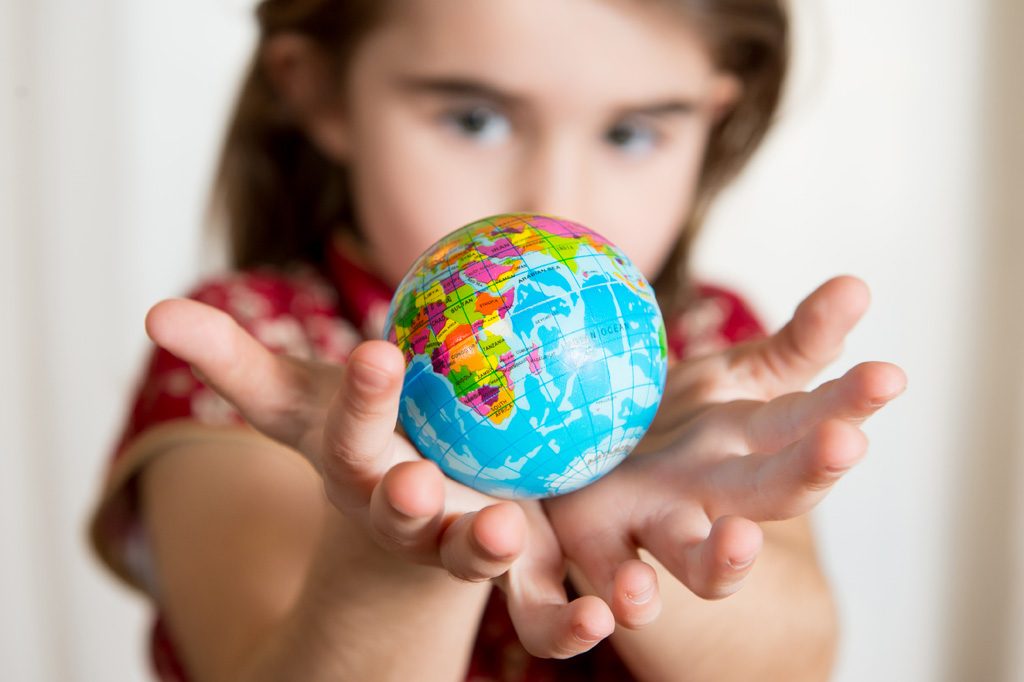Blog
Geography to learn about diversity

Many times, we are not aware of the virtues that the learning of Geography involves. In fact, Geography is one of the best ways to learn about diversity. This learning is crucial for the kids in order to be conscious of the world we live in. As parents and educators we want our children to internalize that there are lots of different cultures, social, cultural, economic, religious diversity ... and also to internalize the problems that concern all of us. Geography is a decisive tool in this knowledge and, at the same time, it contributes to the development of skills, attitudes and important competences in education.
It is difficult for children to be aware of the dimensions and complexity, and this is another objective of our apps: help them to understand the magnitudes; whether social or spatial.
This perception of the dimension is closely linked to the consciousness of the human being who lives surrounded by a natural and social environment. Of course the social environment goes further and it involves many other aspects. It contributes, for example, to the learning and understanding of the cultural diversity.
First of all, if they understand that there is a cultural, religious and social diversity, they will also understand that they belong to a specific territory; with a particular culture and a singular society.
The diversity awareness is the basis to understand the multicultural world in which we live and do away with xenophobia. Our apps have a multidisciplinary approach that helps our children develop, as we have said, mental and instrumental skills. These skills are promoted from the interpretation of maps, pictures or graphics.
The goal of many of our applications is to make our children aware of the world in which we live; a world that could be described with the word “diversity”. At the same time, a world where we are all equal, we all have the same problems and we all have our own views of the world. None of them is completely true but, of course, is neither false. We live in a world where all parents want their children to learn while they are playing.